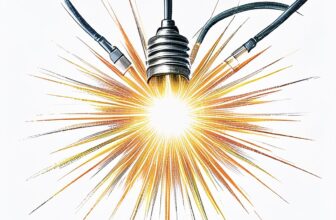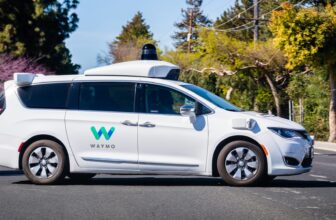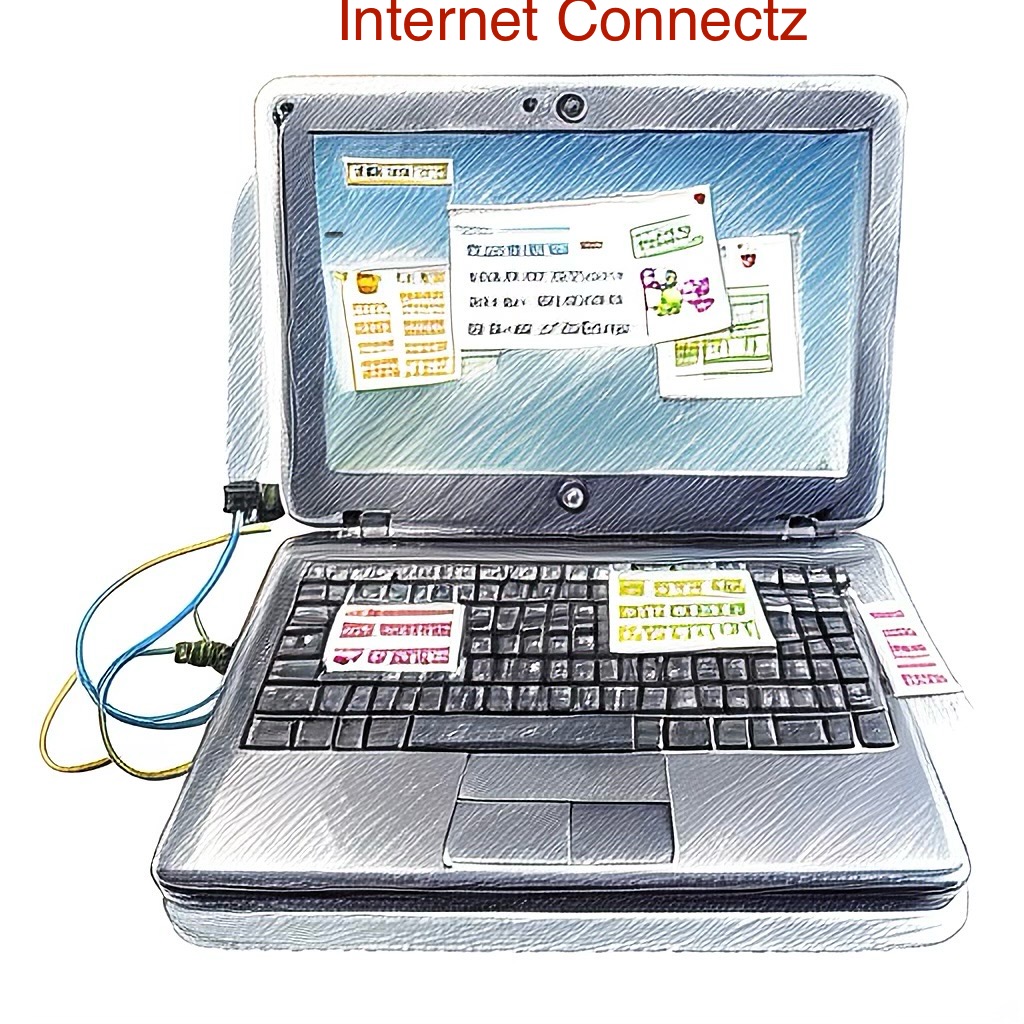Model Y-based, partial autonomous and remote supervision enters the market amid controversy, including federal investigation, litigation, and recall, which can be operated statewide by August 2026

Tesla has obtained permission to operate an autonomous calling service (Robo Taxi) in Texas. As a result, it has opened the way for businesses across the state, competing with Uber and Lyft.
According to the Texas Department of Licensing and Regulation (TDLR) on the 9th (local time), Tesla’s subsidiary “Tesla Robotaxi LLC” is registered as a “transportation network company” and will maintain the license until August 6, 2026. With the permit, Tesla can also operate fully autonomous vehicles without manpower.
Tesla has been operating a pilot service for invited guests in Austin, Texas since late June. The pilot included a number of SNS influencer and analysts who produce Tesla fan content.
The vehicle currently deployed is the Model Y, equipped with the latest partial autonomous driving system. Safety personnel intervene manually if necessary, and remote monitoring is carried out at a separate operation center. CEO Elon Musk claimed in his earnings announcement last month that he could provide autonomous calling services to half of the U.S. population by the end of this year.
Despite obtaining permission, Tesla Robotaxi is embroiled in a safety controversy. Early in the pilot operation, a vehicle was seen ignoring railroad crossing warnings and circuit breakers, causing an employee on board to manually brake, which the National Highway Traffic Safety Administration (NHTSA) is investigating.
In addition to the federal investigation, Tesla has a number of legal and regulatory risks, including lawsuits and recalls following crashes related to Autopilot and FSD, and lawsuits for “false advertising” by the California DMV. Recently, a Florida federal court jury determined that Tesla’s negligence rate in Autopilot-related deaths was 33%.





